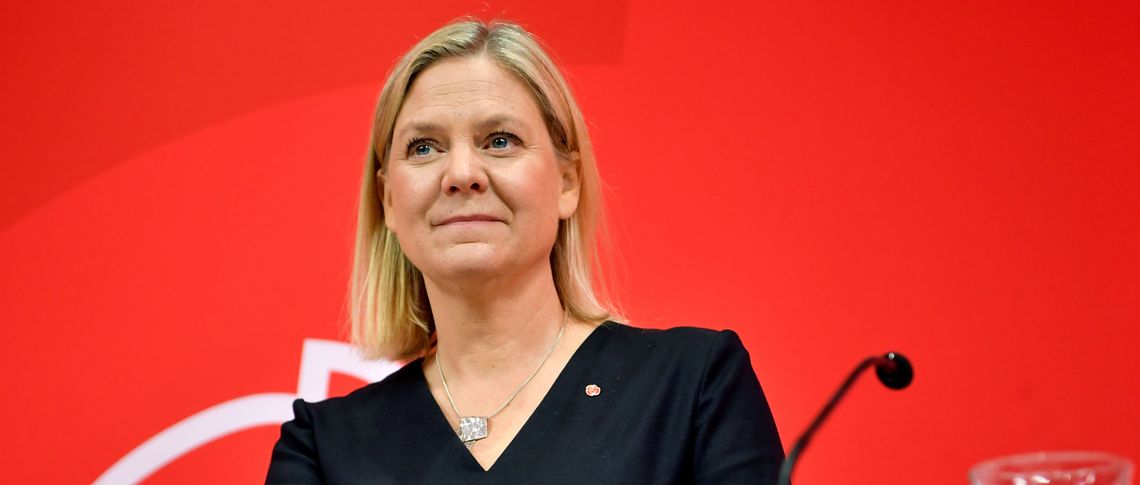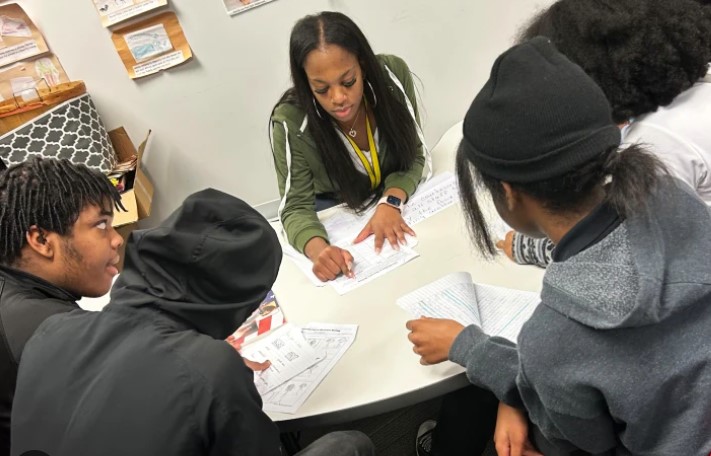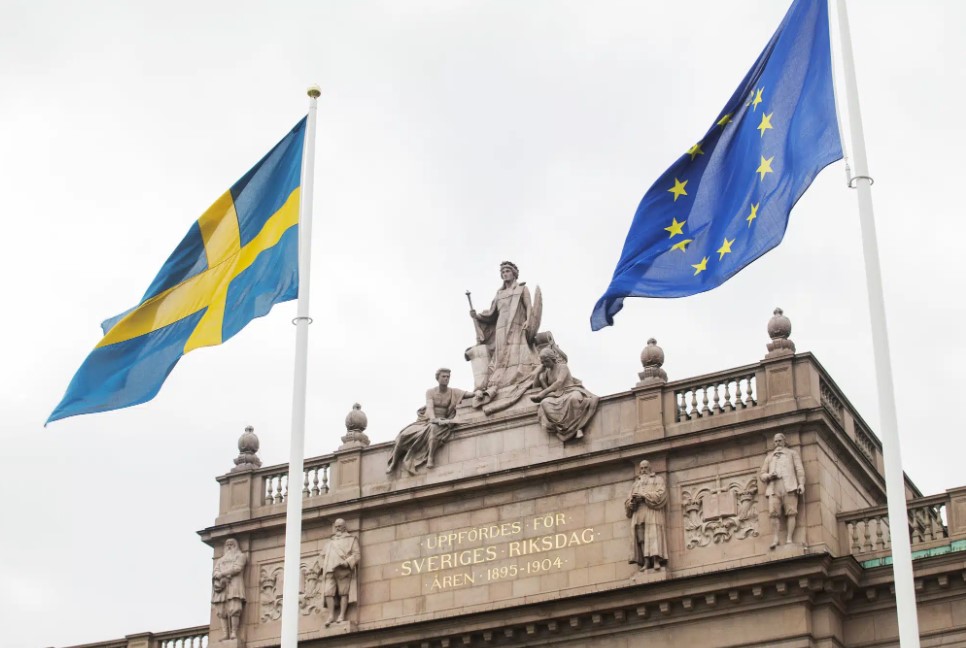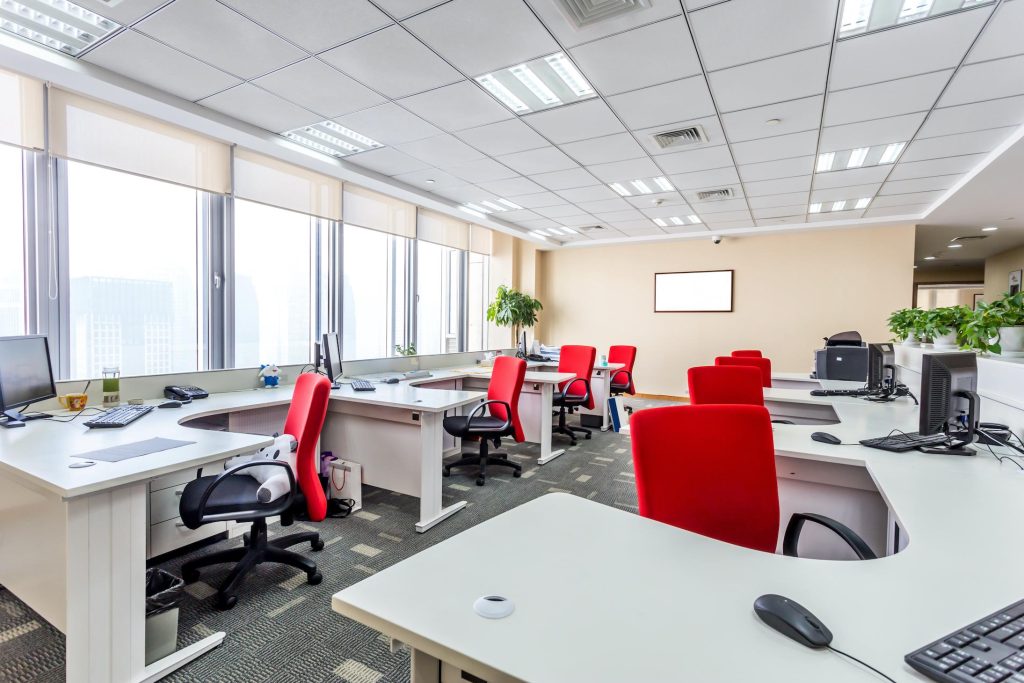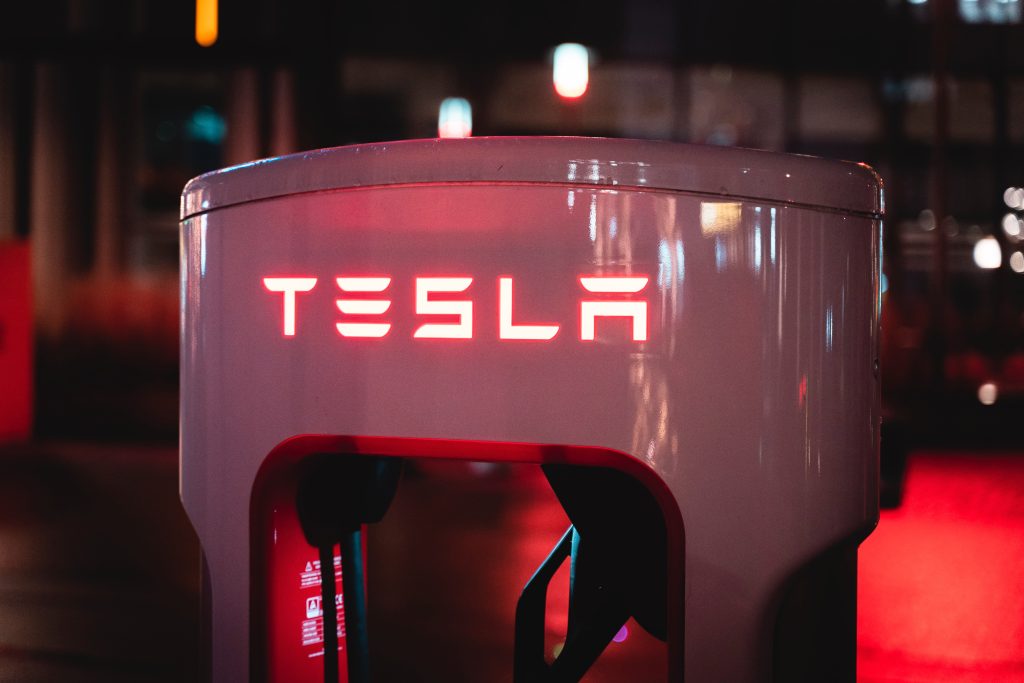
img src: https://preparedhero.com/blogs/articles/hand-crank
“Sweden lacks a basic preparedness in case of a crisis or war.”
Such was EU’s assessment after looking – in vain – for Sweden’s back-up plans for its electricity system in a disaster scenario. Sweden is not following up on its commitment to EU law. There are other consequences as well.
In 2017, the EU passed a binding law. EU states were to have three plans in case of electrical disruption in place by 2020: a system protection plan, a reconstruction plan, and a test plan. The system protection plan is supposed to kick in when electricity distribution is no longer operating within safety margins. The reconstruction plan is to provide steps to restore electricity when there has been a partial or complete network collapse. Finally, the test plan is a system of checking that the first two plans are in place and actually work. According to a report in DN this week, Sweden has none of these in place.
Jorunn Cardell from the Swedish Energy Markets Inspectorate says that securing normal electrical distribution has been the focus over the last few years. “If it’s not a normal situation, then we’re in bad shape.”
DN reports that the risk for a sudden and necessary manual disconnect from the grid went from “low” to “real” already in 2022. Yet there has yet to be a practice run. Swedish Kraftnät has recently handed a test plan in to the Energy Inspectorate for approval. The other plans are still being worked on.
Not just national security
The three plans are considered important for national security reasons. Electricity is important for the basic functioning of society. In addition though, Cardell notes, a lack of functioning electricity frightens people.
The EU is no stranger to bureaucratic regulations. What is strange, however, is that Sweden is failing to live up to a basic preparedness obligation.

